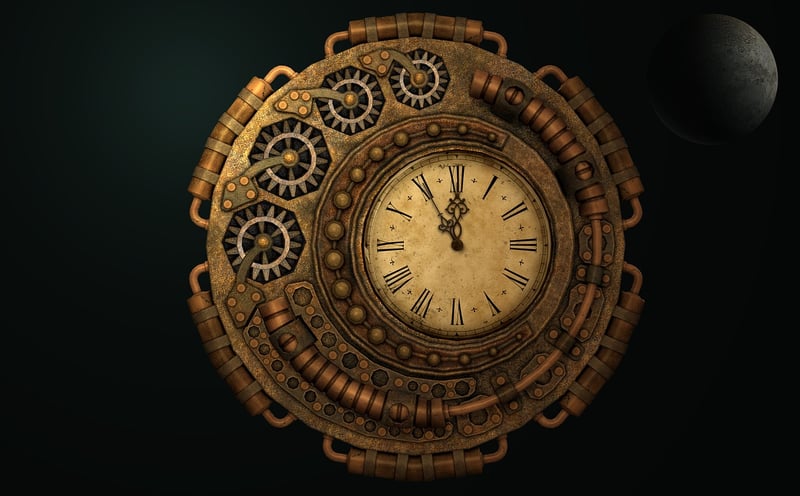Time Travel Ethics
Navigating Moral Quandaries: Time Travel Ethics
Time travel has been a popular topic in science fiction for decades, captivating audiences with the possibility of changing the course of history. However, with great power comes great responsibility, and the ethics of time travel are riddled with complex moral quandaries.
The Grandfather Paradox
One of the most famous ethical dilemmas in time travel is the Grandfather Paradox. Imagine if you traveled back in time and prevented your grandfather from meeting your grandmother. This would mean your parents were never born, leading to your own non-existence. But if you were never born, how could you go back in time to prevent their meeting in the first place?

Butterfly Effect
Another ethical consideration is the Butterfly Effect. Even small changes in the past could have unforeseen and potentially catastrophic consequences in the future. A seemingly insignificant alteration could lead to a chain reaction of events with devastating outcomes.

Temporal Prime Directive
Many ethical frameworks propose a Temporal Prime Directive, similar to the Prime Directive in Star Trek. This directive would prohibit interference with the natural progression of history to prevent unintended consequences and preserve the integrity of the timeline.
Conclusion
As we delve into the fascinating realm of time travel, it is essential to consider the ethical implications of altering the past. While the allure of changing history may be tempting, the potential ramifications are vast and unpredictable. Navigating moral quandaries in time travel requires thoughtful reflection and a deep understanding of the impact of our actions on the fabric of time.
Explore more about time travel ethics here.
